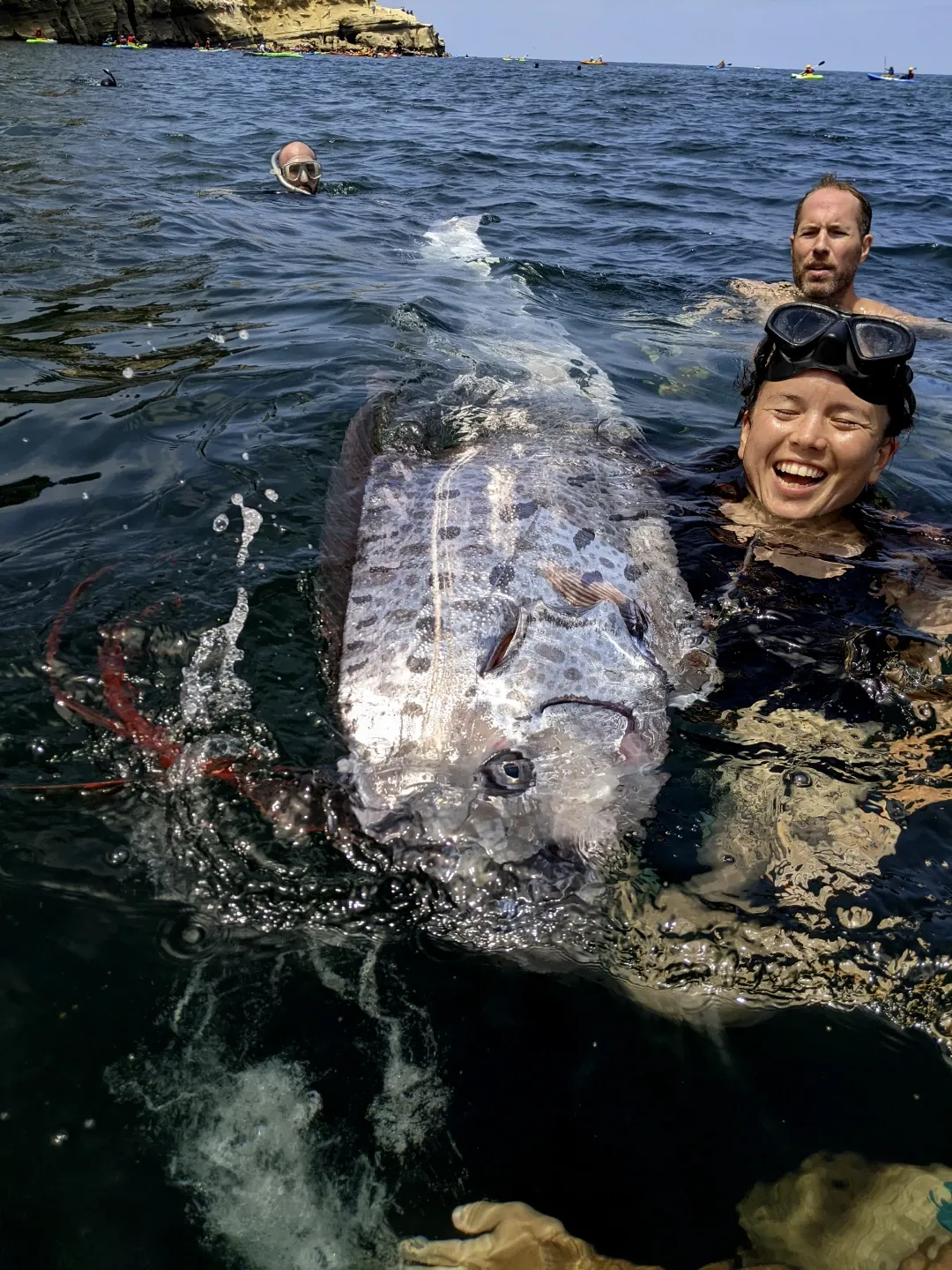Rare "Doomsday Fish" Found in Southern California

A Rare and Ominous Discovery
Kayakers and snorkelers exploring the Southern California coast recently made an extraordinary discovery: a rare oarfish, often nicknamed the "doomsday fish." These elusive creatures are considered harbingers of imminent disasters in some cultures, adding an eerie layer to their rare appearances. According to the Scripps Institution of Oceanography at UC San Diego, this sighting is one of less than two dozen confirmed oarfish encounters in California over the past 120 years.
The oarfish, described by the Ocean Conservancy as a "strikingly large, odd-looking fish," boasts a long, silvery, ribbon-shaped body that can grow over 30 feet in length. Its appearance is further distinguished by large eyes and a crown-like cluster of red spines, making it a truly unique and unsettling sight. Typically, these deep-sea dwellers thrive in some of the ocean's least explored waters, far from human activity.
Become a Premium Insider
Sign upA Rare Find Near La Jolla Cove
On August 10, a group of oceangoers spotted the 12-foot-long oarfish near the shores of La Jolla Cove. Unfortunately, the fish was already dead at the time of its discovery. Given that oarfish are usually found in the deep ocean, their presence near the surface is often an indication of distress; these fish are typically seen close to shore only when they are sick, dying, or disoriented.
The significance of the sighting is underscored by its rarity: only 20 oarfish have washed up on California's shores since 1901, making each appearance a notable event for marine biologists and ocean enthusiasts alike.
